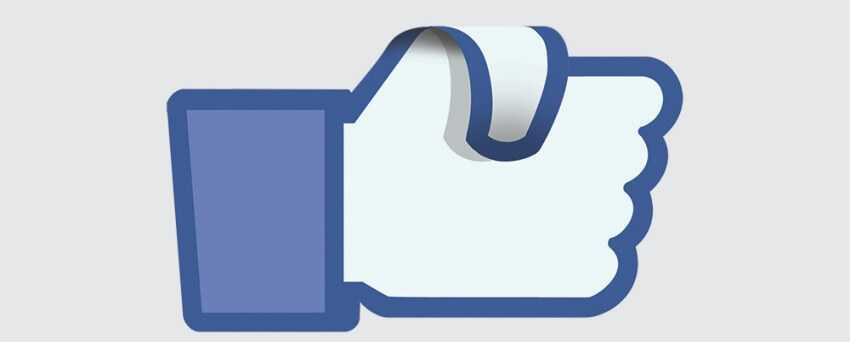Deleting Facebook has become another "Monday diet." Logically, everyone knows they should leave terribly aggressive service of Mark Zuckerberg, which collects incredible volumes of data, but no one does.
Despite the scandals, for example the Cambridge Analytica scandal with its geopolitical significance and violations affecting 29 millions of accounts no one is thinking of leaving the service. Although many look at it, no one can press this blue button that says "Delete Account".
The reason or the excuse is a little cliché: no one wants to delete his memories.

Facebook has collected personal for everyone (and from a very young age) memories. The period at school, university, army, viral posts, bad and good times, weddings, love baptisms, graduations, the first car, the first child, All life, minor and adult, organized digitally.
Years later, and although Facebook has shown that it is not worthy of our confidence, this core is still the strongest element.
Many of you have thought about leaving. Facebook seems to make it easy for you to download your data. However, thousands of strange photos that you did not upload but were tagged will not come down.

The process of downloading your account will give you a ZIP file containing archives HTML of all your data and a folder containing thousands of untagged images. Yes, tags have a special feature. They connect everything you have stored together with an endless network of information and other people. That's probably where the real value is, which makes the data you've stored on your hard drive so meaningless.
The web of information that builds Facebook with your memories and photos offers you an amazing framework that can be taken for granted, but it is not. You can personalize it as a useless service, but the digital book is surprisingly powerful. There are my parents and grandparents have countless photo albums full of pictures of friends who no longer remember their names. The system of tags in Facebook photos means that each photo contains a link to the person's profile and in most cases they can see more details.
But this whole web of information that gives the data meaning is exactly what fuels Facebook's powerful ad network. It connects them advertisers with everyone's personal history, with our locations, events, and any personal information we gave to share with our friends. None of us have chosen to share them with advertisers even though our terms of service say so.
There is no doubt that too many people still use Facebook as a healthy social network on a daily basis.
The strength of Facebook is its ability to transform life's events into memories.
If you download your photos from the Facebook network, can you get away? Unknown and no one can guarantee it. The data has been shifted from one network to another, and this may be the update via Facebook, because we are not only exposed to Facebook.
However, for those who are worried not to lose their memories, memories survive and have survived even without cameras. Facebook's strength as a service is that as you use it organizes and categorizes your life, transforming life events into memories. Withdrawing from Facebook means you have to give up this convenience.
I think no one has forgotten how to keep his memories.
_____________________
- Facebook hacked: User messages sold
- Facebook sued for post traumatic stress disorder
- Facebook: What you do not know or ignore size





